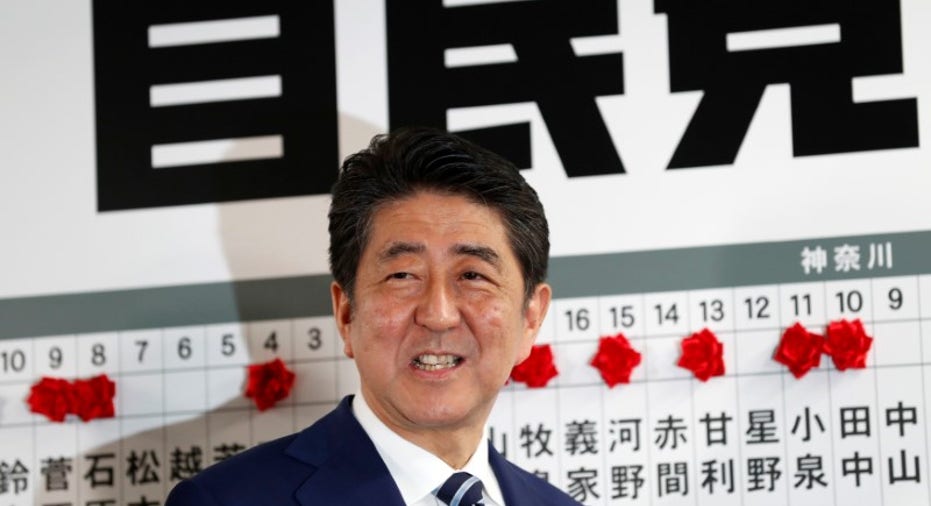Japan may be the next great frontier for investors

As more consider international equity opportunities diversify away from potentially overvalued U.S. domestic equities, some have turned to Japanese markets and country-specific exchange traded funds.
Many may automatically look to something like the iShares MSCI Japan ETF (NYSEArca: EWJ) to gain quick exposure to Japanese markets, but there are other options on the table.
| Ticker | Security | Last | Change | Change % |
|---|---|---|---|---|
| JPN | NO DATA AVAILABLE | - | - | - |
| EWJ | ISHARES MSCI JAPAN ETF - USD DIS | 89.40 | +3.30 | +3.83% |
For instance, the Xtrackers Japan JPX-Nikkei 400 Equity ETF (NYSE: JPN) is a cheap option with a 0.15% expense ratio, providing investors with benchmark exposure to the Japanese stock market by tracking the JPX-Nikkei 400 index.
JPN may be seen as a direct play on the same Japanese companies that the Bank of Japan has been buying into in supporting its local markets. The central bank previously stated it would target Japan-listed ETFs that track the JPX-Nikkei 400 Index, the same underlying benchmark as JPN.
The JPX-Nikkei 400 Index was launched in January 2014 as a means of revitalizing the Japanese equity market. The JPX-Nikkei 400 Index employs a rigorous screening process based on return on equity, cumulative operating profit and market capitalization to select high-quality, capital-efficient Japanese companies. The benchmark may be seen as "smart beta light," Abby Woodham, ETF Strategist for Deutsche Asset Management, told ETF Trends in a call.
Beyond the support of rising investment demand for Japanese equities to prop up the market, Japan boasts strong fundamentals that may maintain its economic and market growth ahead. For instance, Woodham pointed out that Deutsche Bank recently upgraded the Japanese market form its previous neutral stance due to corporate structural reforms, rising return on equity, reduced cash hoards and increased dividends, which the strategist described as a "very positive sign."
Further supporting the play, Japanese equities are growing less correlated to the whims of its yen currency. Traders have typically driven up Japanese equities in light of a weak yen currency due to the economy's heavy reliance on exports as a weaker currency makes their products more competitive on the global market. However, Woodham pointed out that this relationship is beginning to come undone in recent months, which means there may be less currency risk associated with the market if the currency were to strengthen.
Consequently, Woodham argued investors should see that fundamentals will now drive returns ahead.
Nevertheless, if investors are worried about currency risk or the negative effects of a depreciating yen currency on Japanese equity returns, one may look to currency-hedged Japan ETF options to play the market. For example, the Deutsche X-trackers MSCI Japan Hedged Equity ETF (NYSEArca: DBJP) is one options to access Japanese equities markets while hedging against foreign exchange risks.
This article was provided courtesy of our partners at etftrends.com.



















